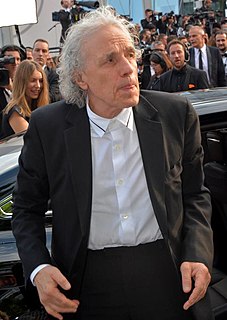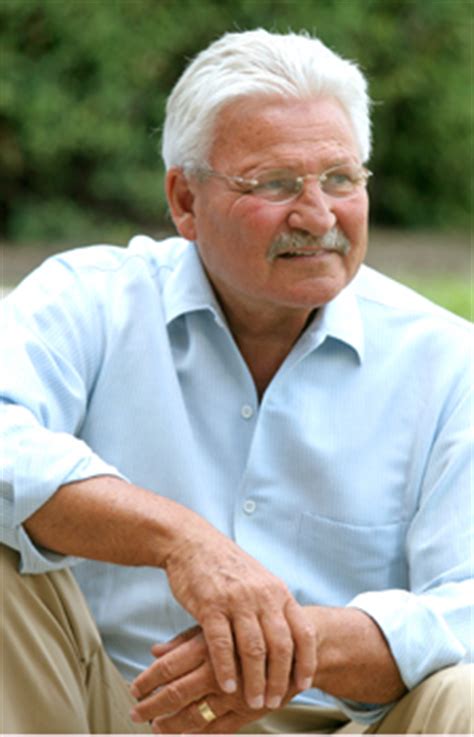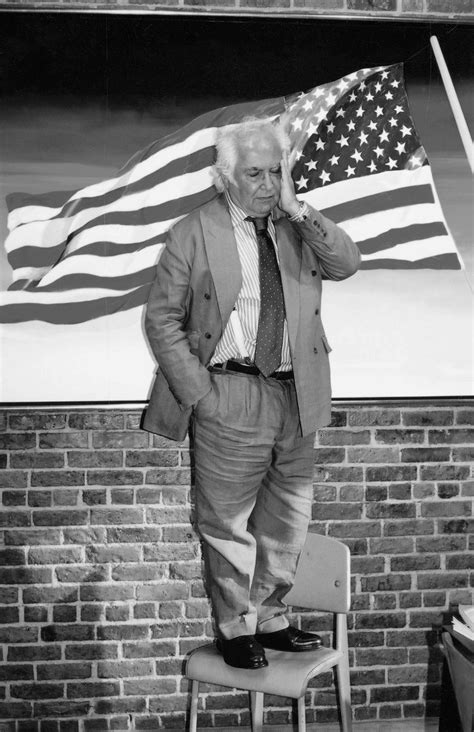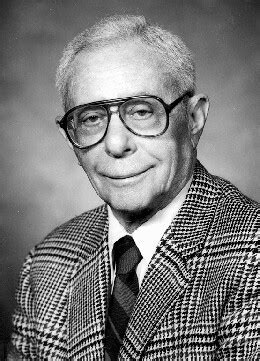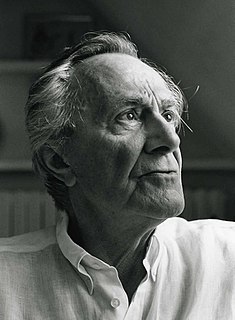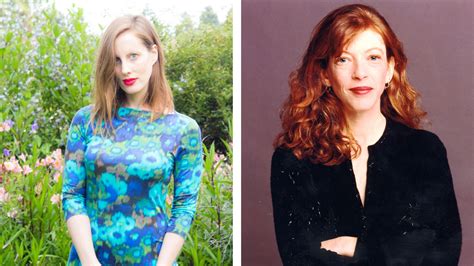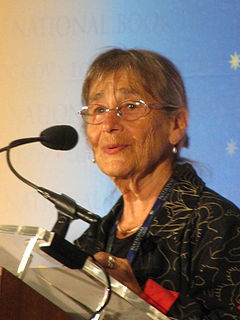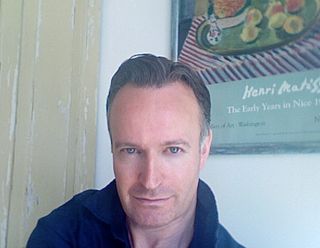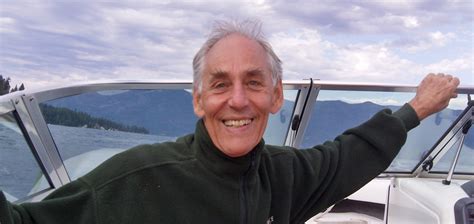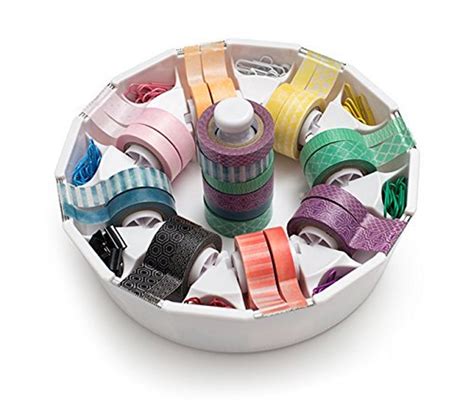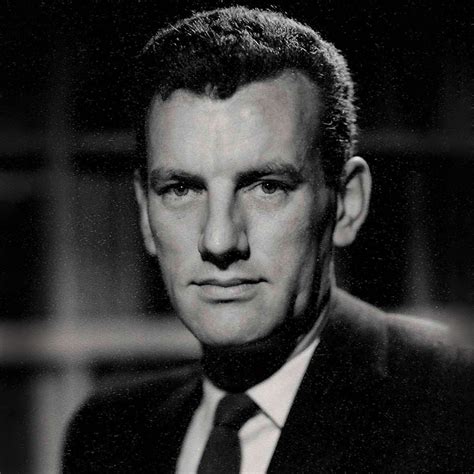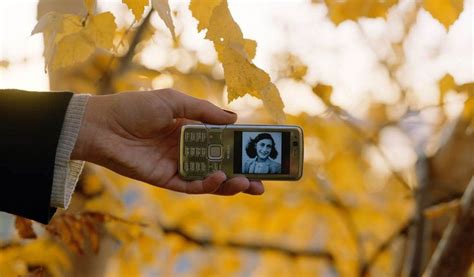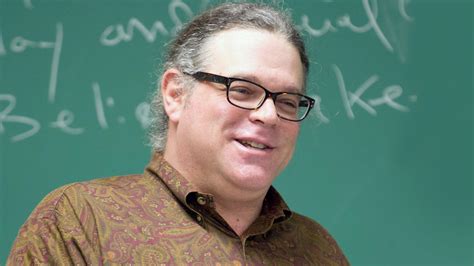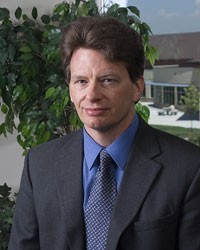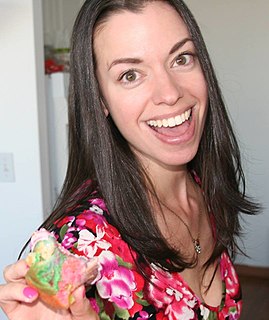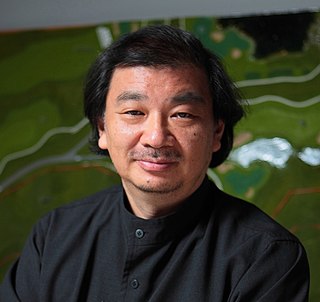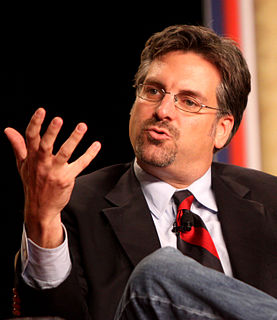Top 108 Postmodern Quotes & Sayings - Page 2
Explore popular Postmodern quotes.
Last updated on December 25, 2024.
Listen - God only exists in people's minds. Especially in Japan, God's always been kind of a flexible concept. Look at what happened after the war. Douglas MacArthur ordered the divine emperor to quit being God, and he did, making a speech saying he was just an ordinary person. So after 1946 he wasn't God anymore. That's what Japanese gods are like--they can be tweaked and adjusted. Some American comping on a cheap pipe gives the order and presto change-o--God's no longer God. A very postmodern kind of thing. If you think God's there, He is. If you don't, He isn't.
Packed with fascinating personal perspective and testimony, Michael Takiffs A Complicated Man wholly justifies its title. The book is far more than a kaleidoscopic oral biography of President Bill Clinton. Aspect by aspect, it guides us through the struggles of postmodern America, as the most ambitious baby boomer of his generation seeks to modernize the Democratic Party-and, as in a Greek drama, is fated to be destroyed. Veritably, an all-American saga, with a cast of thousands-favorable and unfavorable.
It is often said that in today's modern and postmodern world that the forces of darkness are upon us. But I think not; in the Dark and the Deep there are truths that can always heal. It is not the forces of darkness but of shallowness that everywhere threaten the true, and the good, and the beautiful, and that ironically announce themselves as deep and profound. It is an exuberant and fearess shallowness that everywhere is the modern danger, the modern threat, and that everywhere nonetheless calls to us as savior.
I really love any and all manifestations of art, really respect any kind of artistic impulse, whether it's paintings and sculptures or really good filmmaking or music. I really see the relationships between these different mediums as very fluid. I think you see that nowadays, in this postmodern context, there's much more use of different mediums in contemporary art. For me, if you're a creative person, you can choose to make a painting, you can choose to make a film.
The breakdown of the modern movement led to what later became known as postmodern-whatever the hell that means-referring to the mixture of people and backgrounds that became a common thing among artists in America. Many of the great artists in America, for example, came from Jewish families and backgrounds that fled all the way from Russia. It's remarkable, the great masters of American art and cinema who were coming from old roots in little villages there. And then Hollywood, and the haunting, hypnotic impact that American Cinema had throughout the world . . .
If modern design moved the stage picture away from the specific, tangible, illusionistic world of Romanticism and Realism into a generalized, theatrical, and poetic realm in which the pictorial image functioned as an extension of the playwright's themes and structures (a metanarrative), then postmodern design is a dissonant reminder that no single point of view can predominate, even within a single image.
I love the combination of smartness, pain, and what one might call conscious postmodern trashiness in this book: a version of the erotic full of nervous tension which animates the sensuality, and also Zimroth's feeling for words, compressed, ironic, withholding, but also 'asking for it . . . the siege, the thrill, the battle fatigue.' A profoundly urban book, of harsh memory and fantasy, set in harsher reality.
Modern children were considerably less innocent than parents and the larger society supposed, and postmodern children are less competent than their parents and the society as a whole would like to believe. . . . The perception of childhood competence has shifted much of the responsibility for child protection and security from parents and society to children themselves.
I consider Otto Rank to be one of the great spiritual giants of the twentieth century, a genius as a psychologist and a saint as a human being. Though vilified by his original community of Freudians, he never became bitter. He died a feminist and deeply committed to social justice, in 1939....His deep understanding of creativity makes him a mentor for all of us living in a postmodern world....I believe that Art and Artist, especially chapters 12 to 14, may well emerge as the most valuable psychoanalysis of the spiritual life in our time.
It is possible to see slavery and serfdom merely as extreme early forms of autocratic management, in which employees had no voice whatsoever in the work process and were viewed not as human beings but as alienated forms of individual wealth. Slavery, in this sense, did not die; it continues in modern dress in contemporary organizations wherever managers exercise autocratic power, unequal status, or arbitrary privileges, no matter how scientific the terminology or postmodern the image
It seems that the Internet is setting the standard for almost everything. I can't imagine having something like punk rock happen where an entire culture is doing one thing. It's not like all the kids in England are discovering the Stooges and the Ramones at the same time. All the kids in England are discovering every band that has ever existed. I can't imagine there being one huge cultural moment like there was in the past. Everything ends up being kind of postmodern.
Michel Houllebecq is surely the novelist who best describes contemporary phobias and fears. He also succeeds perhaps like no other in portraying the postmodern character of our society. He addresses the possibilities of genetics at times, or Islamism, and infuses all of it with a certain amount of absurdity. I get a very strong sense of that in "Submission." The way he toys with the absurd makes him an author sui generis, one who stands out from the others.
Remember that the past fifty years has been the age of the Big Bang cosmology. We have learnt to see all reality as a slow-motion explosion, as pouring itself out and passing away, as dissemination. We live in a postmodern epoch in which there is nothing absolute, nothing permanent and nothing substantial.
Concerning [postmodern] ideas, let us not mince words. The ideas are profoundly dangerous. They subvert our civilization by denying that truth is found by conscientious attempts accurately to portray a reality that exists independently of our perception or attitudes or other attributes such as race, ethnicity, sex or class.
Our culture is becoming more hostile to the gospel. This trend may be more established in Australia than in the USA, but it's now certainly the case that the postmodern mindset is dominant, particularly in the media. Therefore, when we start speaking in terms of certainties, we sound scary to other people.
There are also two Christianities in the world today. There is (1) the Christianity of the New Testament, and there is (2) the Christianity of accommodation to modernism, egalitarianism, niceness, naturalism, pop psychology, secular humanism, relativism, subjectivism, individualism, "Enlightenment" rationalism or postmodern irrationalism. New converts to the first Christianity are constantly amazed and scandalized by finding many of their clergy to be in love with the second and in fear of the first.
I try to teach a modernist and postmodernist position. On one hand, if you're a painter, you need to know the history of painting. But I'm also interested in the moment we live in. I love television, and movies, and books, and music. So I also think of art as this cultural production along with all this other stuff that's happening. So that's a kind of postmodern, not media-specific, but the times, what is your art relevant to this moment we live in versus media specificity? That's my teaching philosophy, both of those things are important.
Without a thorough and deeply rooted understanding of the biblical view of truth as revealed, objective, absolute, universal, eternally engaging, antithetical and exclusive, unified and systematic, and as an end in itself, the Christian response to postmodernism will be muted by the surrounding culture or will make illicit compromises with the truth-impoverished spirit of the age. The good news is that truth is still truth, that it provides a backbone for witness and ministry in postmodern times, and that God's truth will never fail.
British culture is very cynical sometimes of overt displays of sentimentality, and I think that becomes almost a suspicion of emotion, or a suspicion of someone making a grand statement. It is always easier to be ironic, or 'meta', or coolly postmodern. But I think there is such a thing as authentic sentimentality.
The very act of representation has been so thoroughly challenged in recent years by postmodern theories that it is impossible not to see the flaws everywhere, in any practice of photography. Traditional genres in particular-journalism, documentary studies, and fine-art photography-have become shells, or forms emptied of meaning.
I'm trying to paint an underwater ocean scene. It's just not working. My queen angelfish is supposed to have these bright yellow eyes and electric-blue stripes along the edge of her fin. Instead, it looks like I'm trying to paint a fried egg with some blue bacon. Maybe I can pass it off as postmodern.
What we were trying to do was take the notion of Greek tragedy, of fated and doomed people, and instead of these Olympian gods, indifferent, venal, selfish, hurling lightning bolts and hitting people in the ass for no reason — instead of those guys whipping it on Oedipus or Achilles, it’s the postmodern institutions . . . those are the indifferent gods.
Jacqueline Carey has created a postmodern fable of enormous scope and force. Santa Olivia is at once a cautionary tale of people caught in a web of lies and creeping terror, and a love song to the beauty and power of being different. At the novel's heart is the kind of grace Carey is known for: an illumination of the strength that lies hidden inside all of us.
There appear to be no integrating forces, no unified meaning, no true inner understanding of phenomena in our experience of the world. Experts can explain anything in the objective world to us, yet we understand our own lives less and less. In short, we live in the postmodern world, where everything is possible and almost nothing is certain.
In that sense, Obama is America's first postmodern president. If his predecessors tended to see the world in terms of good and evil, Obama sees the world in terms of victims and victimizers - with the United States often in the role of victimizer. In that view, long favored by the academic left that shaped a young Barack Obama, American foreign policy is one long train of abuses, marked by casual aggression and eager imperiousness.





